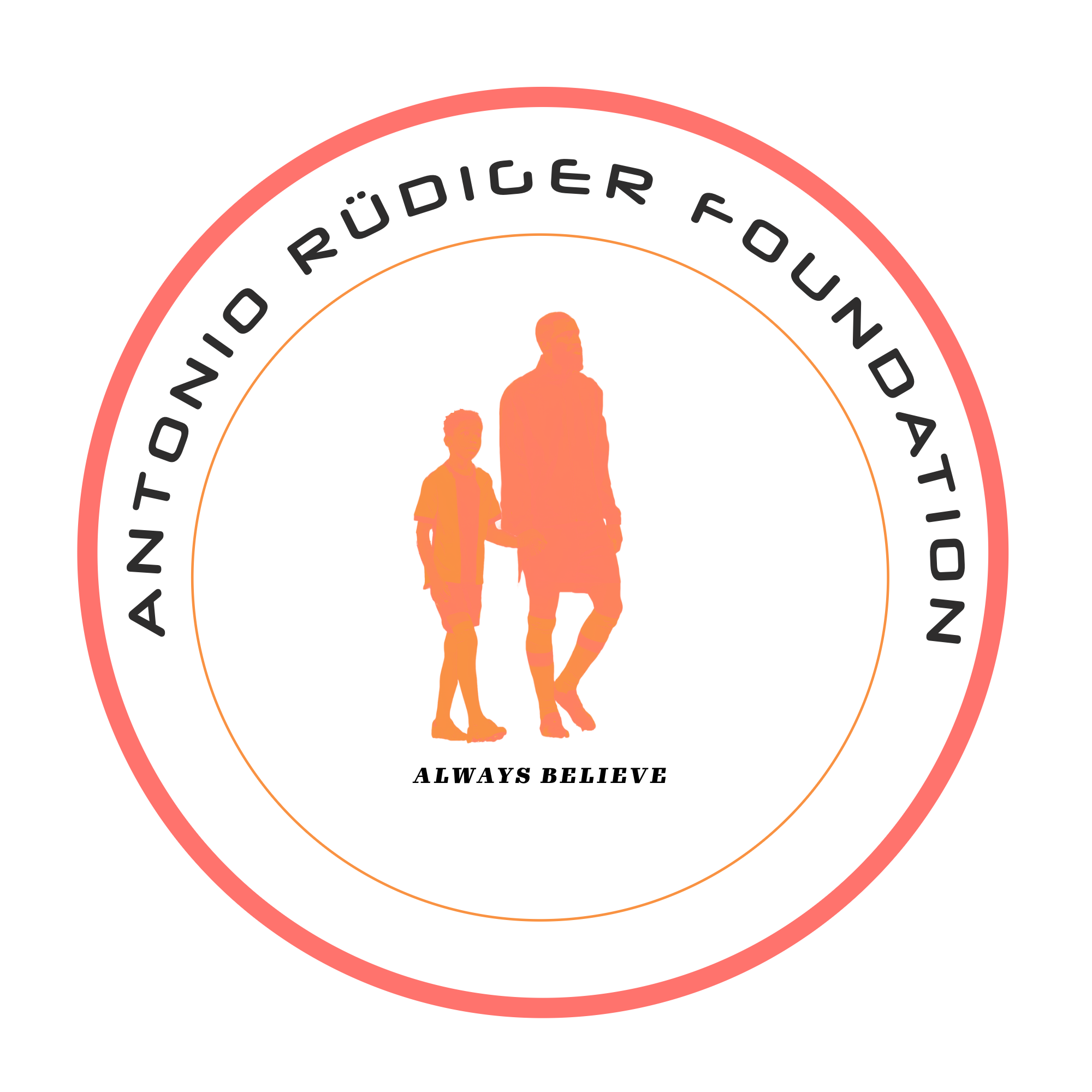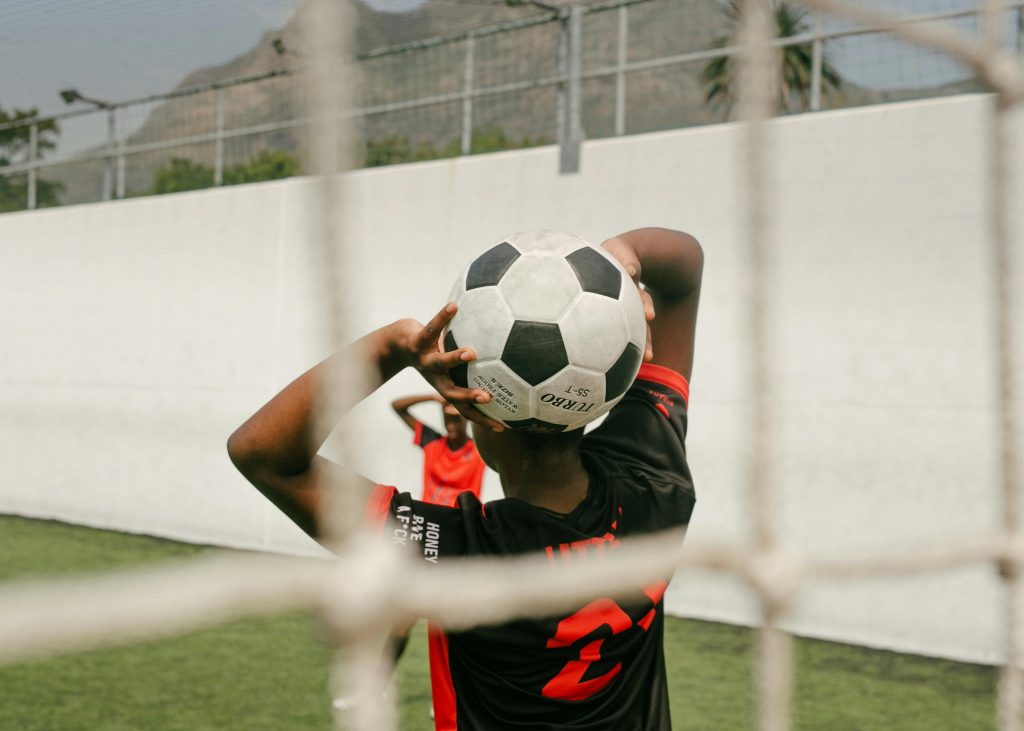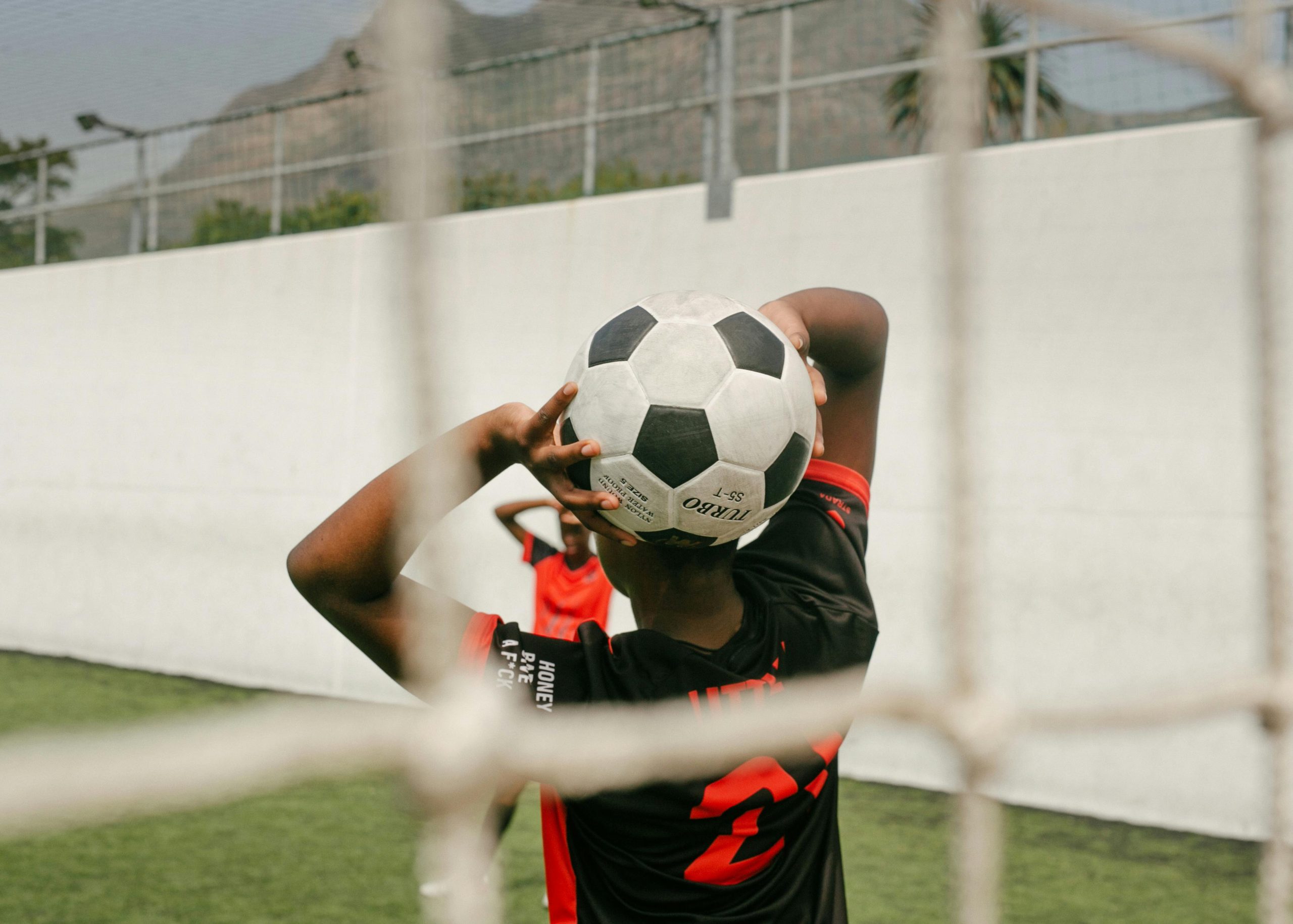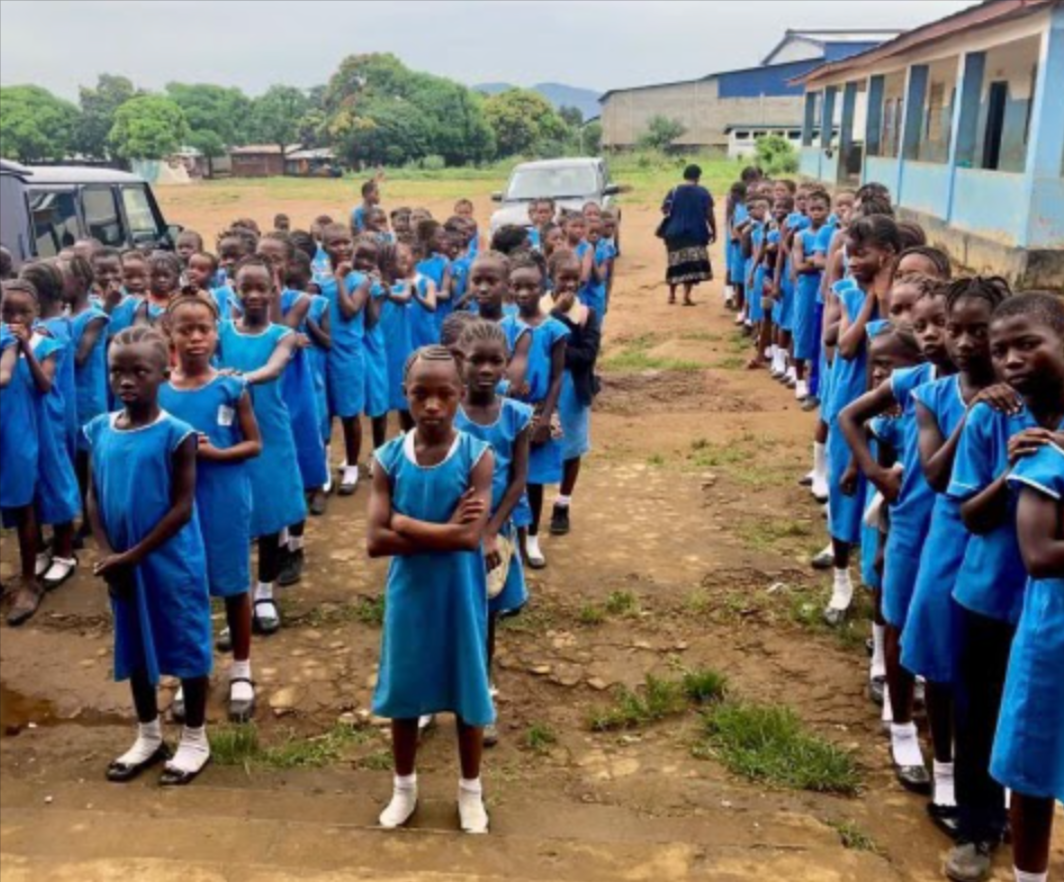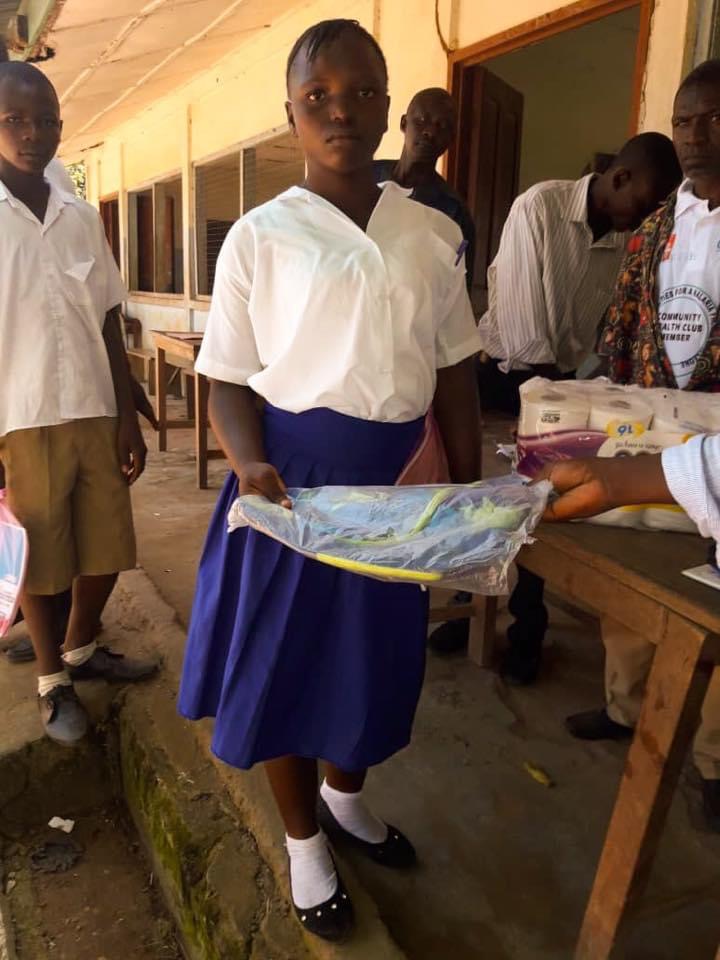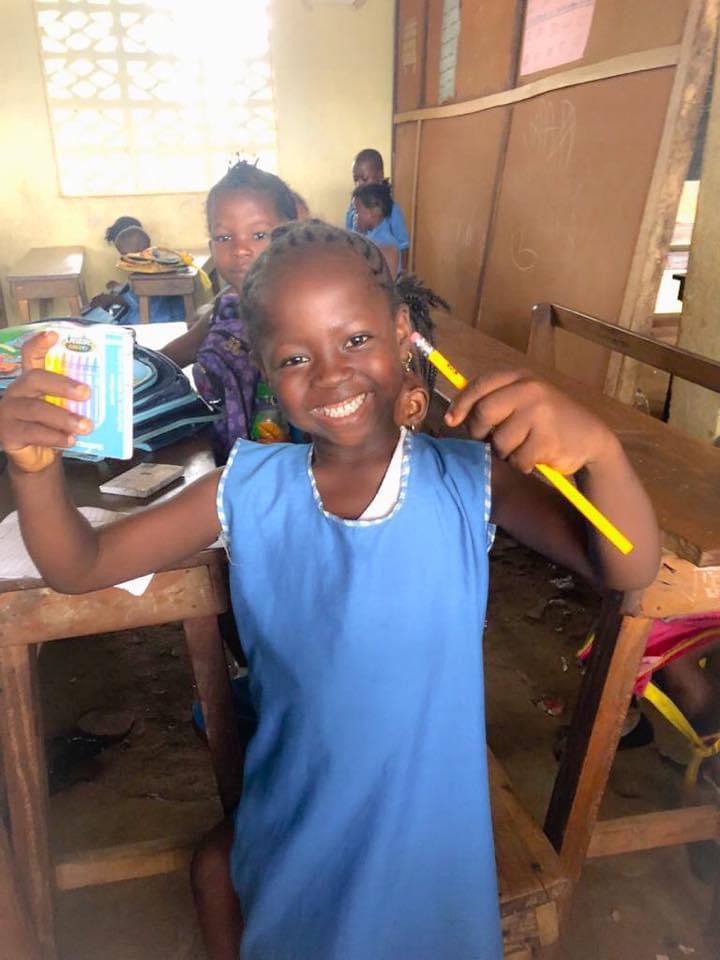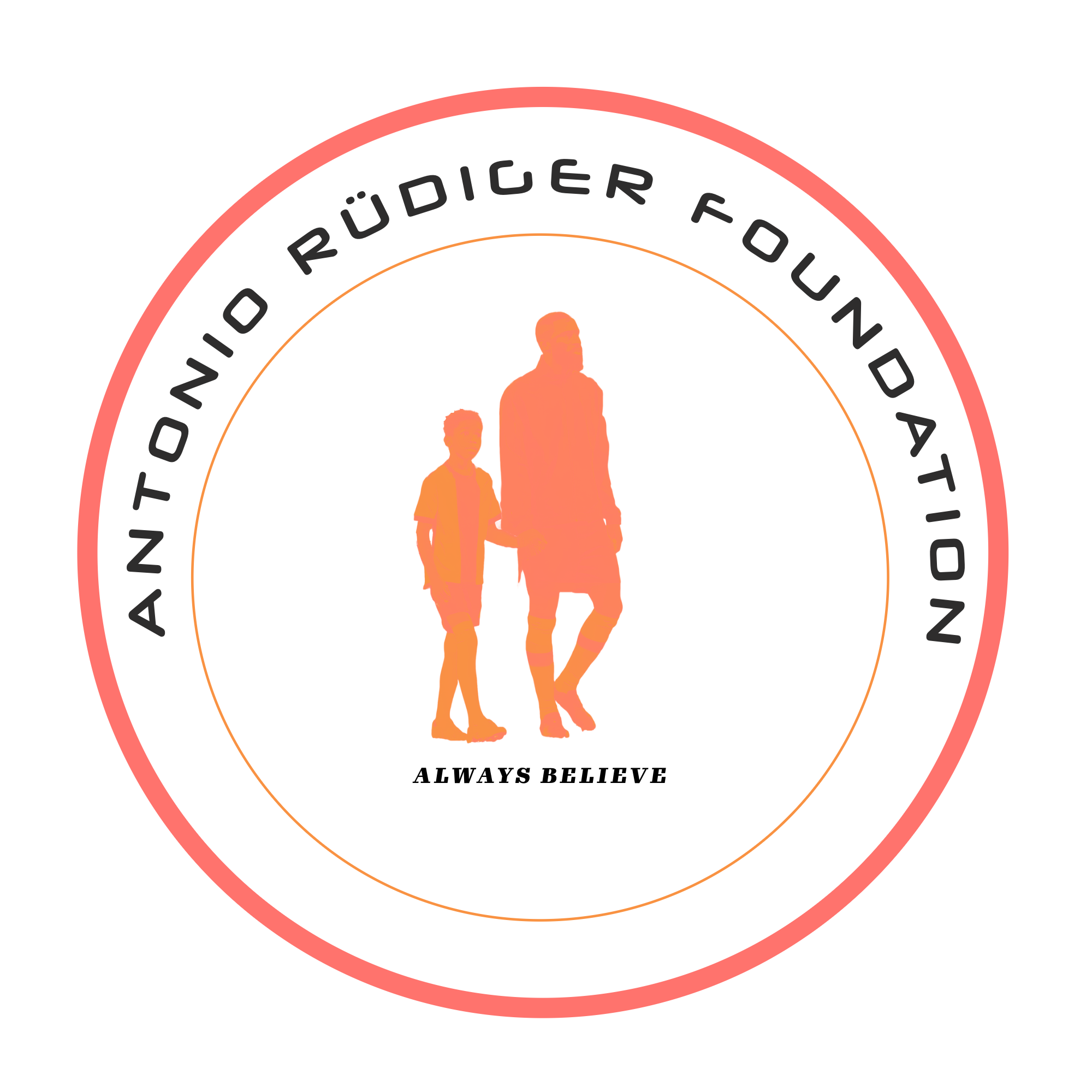Sports development holds significant potential for the youth of Sierra Leone, offering a transformative path towards personal growth, social cohesion, and economic development. The West African nation, recovering from a prolonged civil war and the Ebola crisis, faces numerous challenges, including high youth unemployment and limited educational opportunities. By investing in sports programs, Sierra Leone can leverage the unifying power of sports to foster a sense of community and purpose among its young population, guiding them towards a brighter future.
Firstly, sports development can play a crucial role in enhancing the physical and mental well-being of Sierra Leone’s youth. Regular participation in sports helps combat sedentary lifestyles and related health issues, promoting fitness and overall health. Additionally, sports provide a constructive outlet for stress and anxiety, which are prevalent among young people in a country still grappling with the aftereffects of conflict and disease. Engaging in sports can boost self-esteem and resilience, equipping young individuals with the confidence needed to face life’s challenges.
Moreover, sports serve as a powerful tool for social integration and community building. In Sierra Leone, where ethnic and regional divides have historically fueled conflict, sports can bridge these gaps by bringing together individuals from diverse backgrounds. Team sports, in particular, encourage cooperation, teamwork, and mutual respect, fostering a sense of unity and shared purpose. This social cohesion is essential for nation-building and creating a peaceful, inclusive society where young people feel connected and valued.
Economically, sports development can create new opportunities for the youth of Sierra Leone. The sports industry encompasses a wide range of careers, from professional athletes and coaches to sports management and marketing roles. By developing local sports infrastructure and providing training programs, the country can generate employment and stimulate economic growth. Additionally, sports events can attract tourism and investment, further contributing to economic development. For many young people, sports can offer a viable career path, helping to alleviate the high levels of youth unemployment.
Educationally, integrating sports into the school curriculum can enhance academic performance and personal development. Studies have shown that students who participate in sports tend to have better academic outcomes, as the discipline and time management skills gained from sports translate into the classroom. Sports can also teach valuable life skills such as leadership, perseverance, and strategic thinking, which are essential for personal and professional success. By emphasizing the importance of sports in education, Sierra Leone can nurture well-rounded individuals prepared to contribute positively to society.
In conclusion, sports development presents a multifaceted solution to some of the most pressing issues facing the youth of Sierra Leone. By promoting physical and mental health, fostering social cohesion, creating economic opportunities, and enhancing educational outcomes, sports can empower young people to build a better future for themselves and their country. As Sierra Leone continues its journey towards recovery and growth, investing in sports development is not just an option but a necessity for cultivating a resilient, united, and prosperous youth population.
